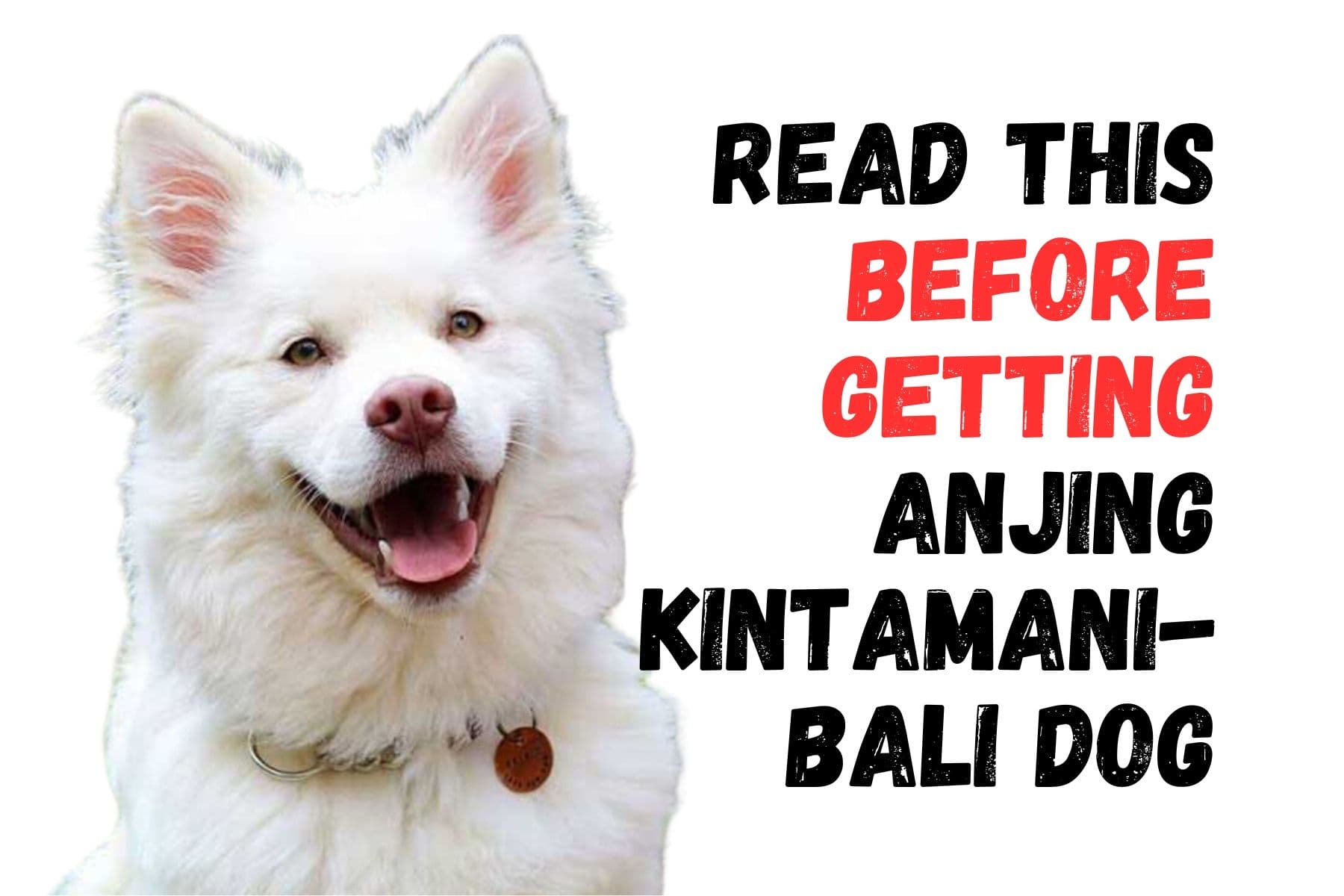Top 10 Considerations Before Adopting a Kintamani-Bali Dog

Thinking about bringing home an Anjing Kintamani-Bali? These beautiful dogs from the mountains of Bali aren’t just eye-catching — they’re also intelligent, loyal, and full of personality. But like any breed, they come with their own quirks and needs.
After working with and around a lot of dogs over the years, we’ve seen firsthand how important it is to understand a breed before committing. So here’s what you really need to know if you’re considering a Kintamani.
What They’re Like
Kintamani dogs are medium-sized, with a striking white or cream-colored double coat, pointy ears, and a curled tail. They’ve got a calm energy overall, but they do need daily exercise — at least 30 minutes — plus some mental stimulation to stay happy. A bored Kintamani can get into trouble (we've seen it!), so puzzle toys or basic training games go a long way.
They’re also smart — sometimes a little too smart. Training them takes patience and consistency. Harsh corrections won’t work; in fact, they can make things worse. Instead, positive reinforcement and varied training sessions keep them engaged. Once they learn the basics, challenge them with more advanced commands to avoid boredom.
Socialization Matters Early
Kintamanis can be a little reserved, especially with strangers or other animals. That’s why early socialization is key. Introduce them to new people, places, and pets as soon as you can, and make those experiences positive. This helps shape a well-rounded adult dog that’s more confident and less prone to fear-based aggression.
Loyal — Sometimes to a Fault
These dogs are deeply loyal and affectionate with their families. They tend to form strong bonds and often make excellent watchdogs. But that protective streak can mean they’re wary of strangers. It also means they may not do well being left alone for long periods. Separation anxiety is a real risk, and it can lead to destructive behavior if not managed.
Grooming and Health Basics
That gorgeous coat? It needs regular brushing — at least once a week — to prevent matting and to keep their skin healthy. It’s not a high-maintenance grooming routine, but skipping it can cause discomfort for your dog.
Health-wise, Kintamani dogs are generally hardy but may be prone to hip dysplasia, ear infections (especially with their upright ears), and dental issues. Regular vet visits and preventive care are important. Their lifespan typically ranges from 12 to 14 years.
Feeding and Nutrition
A balanced diet is essential for keeping your Kintamani in good shape. Look for high-quality food that supports joint health, skin, and digestion. Some dogs may have sensitivities or allergies, so keep an eye out for any signs like itching or digestive upset.
Family and Other Pets
Kintamanis usually do great with kids — they’re gentle and protective — but they can be a bit clumsy around small children, especially during play. Supervise interactions and teach kids how to interact respectfully with the dog.
With other pets, early and proper introductions are key. If they grow up together or are socialized well, they can get along just fine. But without that exposure, they may show dominant or territorial behavior.
Bottom line: Kintamani-Bali dogs are loyal, intelligent, and full of character. If you’re ready to invest time in training, socialization, and companionship, they’ll reward you with a deep and lasting bond. They’re not a “set it and forget it” kind of breed — but for the right person, they’re unforgettable.
